Talk Overview
In this talk about science in Tanzania, Marina Alois Njelekela talks about her journey and strategies in redirecting her research to epidemiological studies and establishing collaborations to do exciting and important research in Tanzania.
Speaker Bio
Marina Alois Njelekela
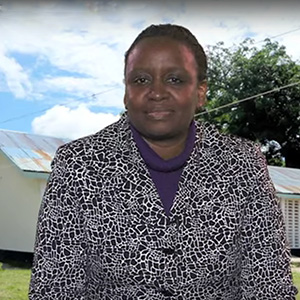
Marina Njelekela received her MD from Muhimbili University of Health and Allied Sciences in Dar Es Salaam (MUHAS) and her PhD from Kyoto University. She is currently a Senior Lecturer at MUHAS and she was chairperson of the Medical Women of Tanzania Association for the last six years. Njelekela has received several awards for her… Continue Reading
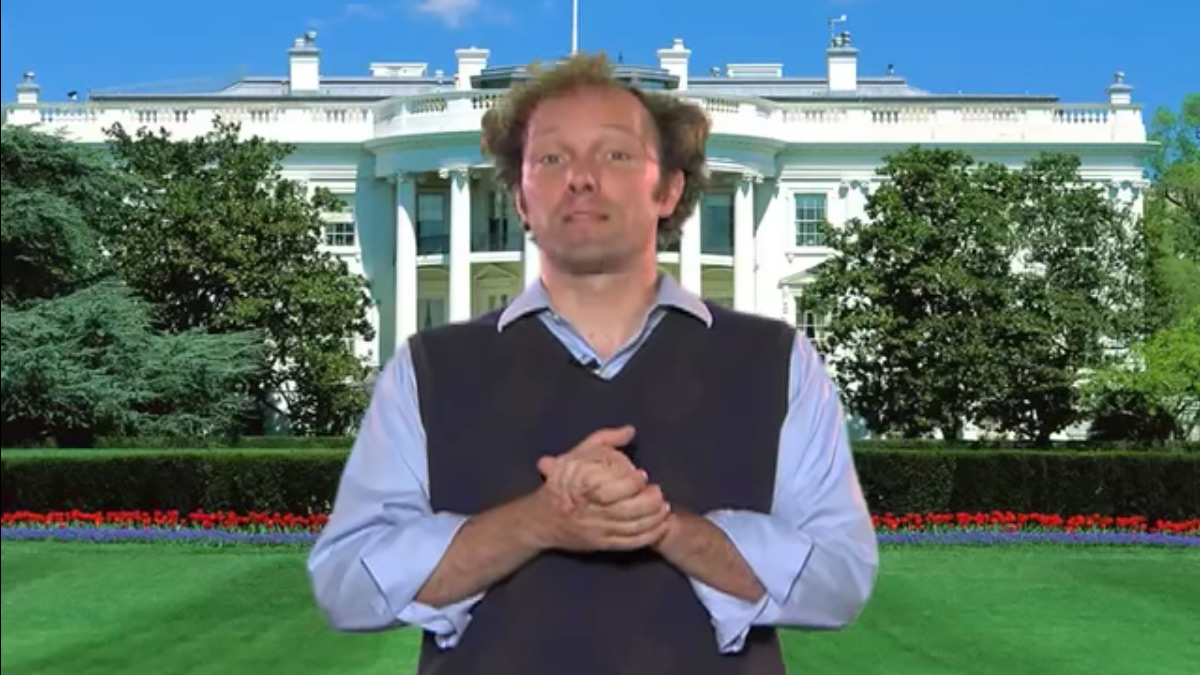
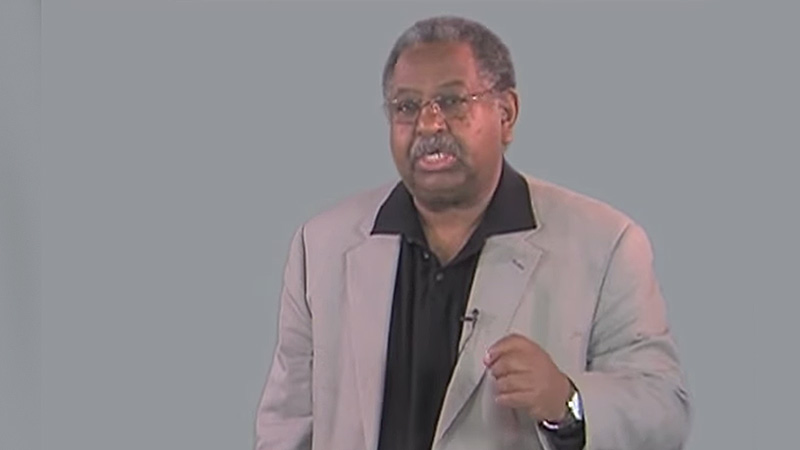
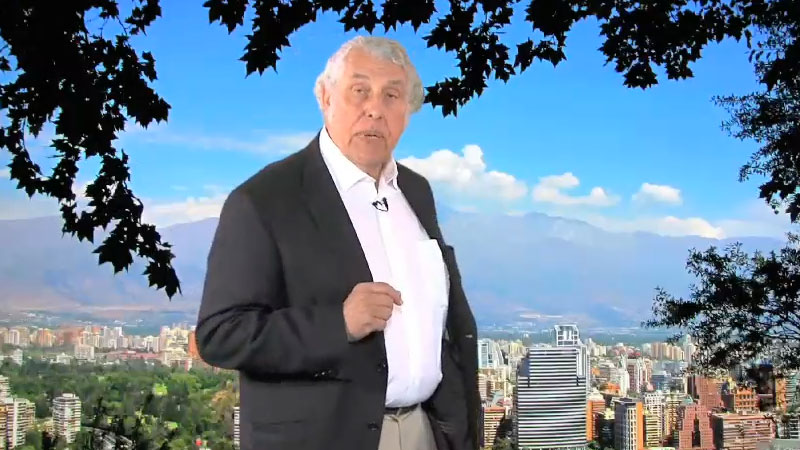
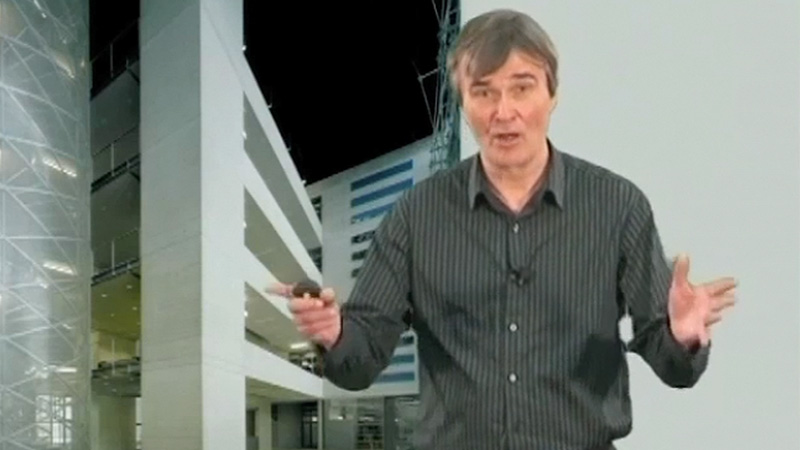





Leave a Reply